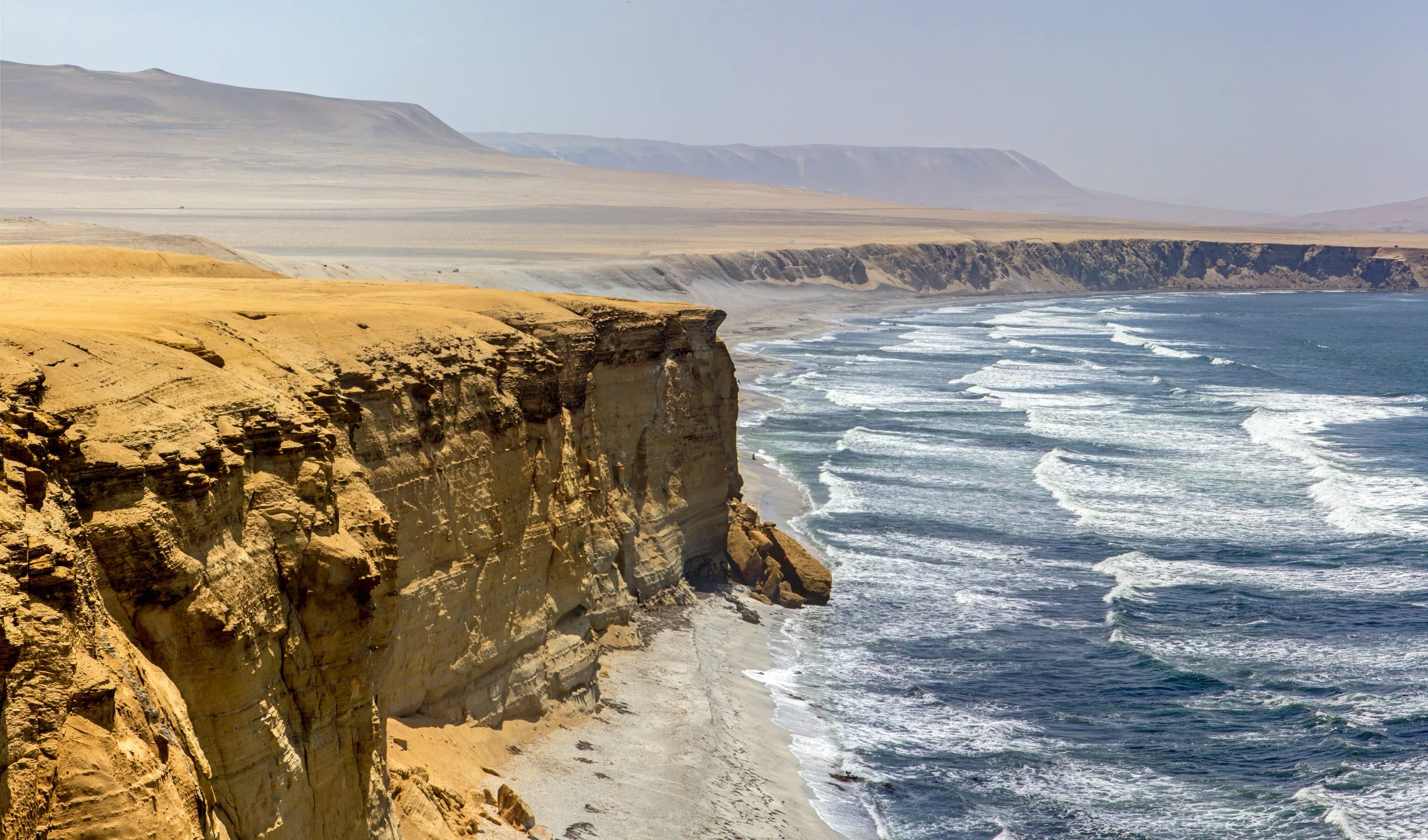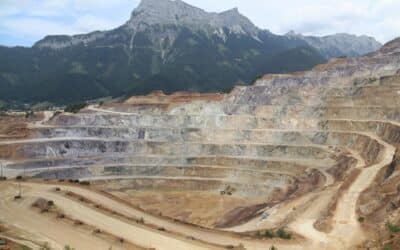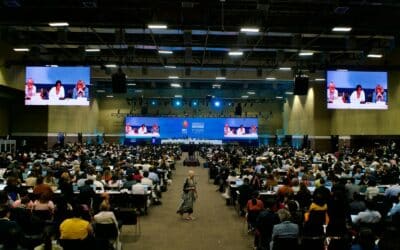by Silvia Ribeiro
The pirates of marine geoengineering are not giving up easily. Although there is a UN moratorium on ocean fertilisation, the company Oceaneos wants to experiment with this risky technology in Chile and Peru, despite not having permission from the authorities. The company turned up in 2018 at an Open Angel investors dinner in Vancouver, Canada, seeking funds for these polluting activities as though it was just one more straightforward investment opportunity.
Giving false information to communities, authorities and investors seems to be common practice for the group behind Oceaneos. A number of its members were previously part of the company Haida Salmon Restoration Corporation (HSRC) that in 2012 carried out the biggest illegal experiment of ocean fertilisation in indigenous territory in Haida Gwaii, British Colombia, Canada, deceiving the resident Indigenous community. The notorious rogue geoengineer Russ George, who previously tried to do a similar experiment in the Galápagos Islands, was the scientific director at HSRC.
They convinced the Indigenous community of Old Masset to commit 2. 5 million dollars to the company HSRC, with the promise of increasing the salmon stocks through ocean fertilisation and obtaining carbon credits in the process.
Oceanos did not tell them – or the authorities in Chile and Peru, or the potential investors at the Open Angel meeting – that because of the great risks to marine ecosystems and food chains, ocean fertilization has been subject to a de facto moratorium under the UN Convention on Biological Diversity (CBD), or that the 2013 Amendment to the London Protocol on Ocean Dumping has prohibited marine geoengineering. Both cases make exceptions for small-scale scientific experiments, but these do not qualify for carbon credits.
When civil society organisations protested the illegal experiment in Haida Gwaii, Canadian environmental authorities began a legal investigation that is still ongoing. The experiment caused controversy among the Haida people, but when they understood the context and the risks, they rejected the project and the company.
John Disney, part of the Oceaneos team alongside HSRC member Peter Gross, managed the Indigenous community’s financial support to HSRC. The current President of Oceaneos, Michael Riedijk, was responsible for “monetising” the carbon credits to be generated by HSRC’s ocean fertilisation activities, through his company Blue Carbon Solutions.
In an attempt to distance itself from this murky episode in which HRSC was subject to legal questioning, Oceaneos changed its company name and activity. Geoengineering with ocean fertilisation was rechristened “ocean seeding’. There is no more open talk of carbon credits: it is merely a technology to increase fish populations. Before it was presented as a magic solution to climate change; now it is the technique that will solve the problem of declining ocean fish stocks. However, there is still references to the illegal Haida Guaii experiment as evidence of success of the technology.
In the “Deal Book” presented by Open Angel to the investors for the 2018 event, Oceaneos presents itself as a Vancouver-based “Green Tech Company, with a unique Ocean Seeding Technology to restore ocean life and bring collapsing fish stocks back to historical levels”. In the Company Description of the same document, they explain what ocean seeding (ocean fertilization by another name) is, and they add: “A first trial project executed by our scientific team in British Columbia resulted in an 85% increase in wild fish stock with a market value of $ 400 million. Currently [Oceaneos is] raising $ 10 million to execute two large scale commercial trials in Latin America and Asia Pacific”.
In Chile, they present themselves as the “Oceaneos Marine Research Foundation” but it is evident they stem from the for-profit Canadian company Oceaneos Environmental Solutions, which owns numerous patents for ocean fertilisation techniques as a means for carbon capture.
In Peru, they presented themselves directly as a commercial company: Oceaneos Peru S.A.C. They filed requests to carry out ocean fertilisation experiments in the Departments of Ica, Arequipa y Moquegua. These were not approved, because of objections from Peru’s Institute of the Sea.
Chile and Peru are signatories of the CBD and the London Convention, which Oceaneos would be contravening should its experiments go ahead.
In 2017, six scientific and academic institutes related to marine research in Chile declared themselves firmly against this type of initiative, publishing a document with 10 key reasons for their opposition to commercial ocean fertilisation projects.
Among other things, they explain that the risks are high and the results uncertain; that there is no scientific evidence that iron fertilisation increases fish populations (or that it sequesters carbon in a permanent way); that the whole Oceaneos process is shady and apparently motivated by profit rather than research. Among other risks, they note the disruption to the food chain and the creation of oxygen-deprived zones in the ocean, negatively impacting marine life and potentially creating conditions for toxic algae to grow. These are also among the conclusions of the scientific studies that formed the basis of the UN moratoria.
Peter von Dassow, researcher at the Milenio Institute of Oceanography in Chile, also explains that recent scientific experiments with bottles of water taken at the upwelling of ocean waters near Coquimbo, found that fertilisation with iron increased domoic acid, indicating the formation of toxic algae. This would increase further with an experiment on the scale of that proposed by Oceaneos. This biotoxin is extremely dangerous for marine life, as well as for humans if they eat fish or shellfish that may have ingested the algae.
From Canada to Chile, these pirates are connected by a red line of deceit – of communities, authorities, and the public – characterized by pseudoscientific arguments that try to disguise their true aim: to profit from geoengineering experiments which damage the environment and harm marine life.
Silvia Ribeiro is Latin America Director at ETC Group.



